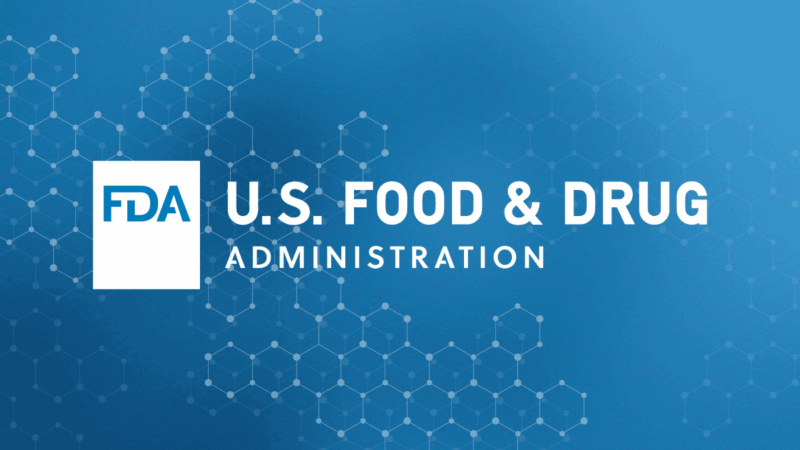Bishal Gyawali, Associate Professor at Queen’s University, shared a post on X about a recent article he and colleagues authored:
“We just published in The Lancet Oncology a very important paper regarding the new FDA guidance on overall survival assessment in cancer drug trials. Right in time for ESMO25. Please do read. I promise you that you’ll learn something that’s applicable broadly. And follow along this thread for a broader discussion of the points we make in this paper.
Title: Overall survival assessment in cancer drug trials: a luxury or a necessity?
Authors: Samuel X Stevensa, Laure-Anne Teuwenc, Bishal Gyawali
Read the Full Article in The Lancet Oncology.

First, the new FDA guidance is actually pretty good. A big improvement on the existing philosophy, where OS is relegated to an afterthought. However, there are several areas for improvement.

Second, the guidance focuses on situations where OS measurement is infeasible but doesn’t talk about surrogate endpoints. If the OS cannot be measured or is not practical, then the issue of the validity of surrogacy becomes extremely important. And to that end, the FDA should revise its Table of Surrogate Endpoints to include the strength of surrogacy.
For more on surrogate endpoints and The Table, read these:
Title: Frequently asked questions on surrogate endpoints in oncology-opportunities, pitfalls, and the way forward
Authors: Abhenil Mittal, Myung Sun Kim, Shenna Dunn, Kristin Wright, Bishal Gyawali
Read the Full Article in eClinicalMedicine.

Third, and where the guidance goes wrong in our opinion, is regarding crossover. The guidance recommends that crossover should be limited because it affects the interpretation of OS. In fact, in many situations in oncology, crossover should be mandated. Not mandating crossover, in fact, affects the interpretation of OS.
Title: Problematic crossovers in cancer drug trials
Authors: Bishal Gyawali
Read the Full Article in Nature.

Fourth, the FDA guidance is silent regarding the adequacy of post-protocol treatments. This can skew OS. Many registration trials are run in LMICs simply because post-protocol treatments aren’t adequate in LMICs.
The last paragraph of the guidance is interesting, suggesting that even regular approval drugs could be subject to post-marketing commitments to prove OS. We discuss this and several other nuances. Please read the full paper.
But the most important of all this paper was led by 2 stellar, smart, brilliant mentees- our Common Sense Oncology fellow, Samuel Stevens, and my visiting fellow, Laure-Anne Teuwen from Antwerp, Belgium, who spent 6 weeks with us in August and September.
That’s exactly when the new FDA guidance came out, and we read it for intellectual exercise, and then the idea for this paper came about. When you become a mentor (grow old!), these are the milestones that give you genuine happiness. In a sense, I can relive my life and happiness through them. Suddenly, there can again be a first Lancet Oncology publication, there can again be a first-author publication, there can again be a first oral presentation, etc, etc. And THAT is the real pleasure in academia.”
More posts featuring Bishal Gyawali on OncoDaily.


